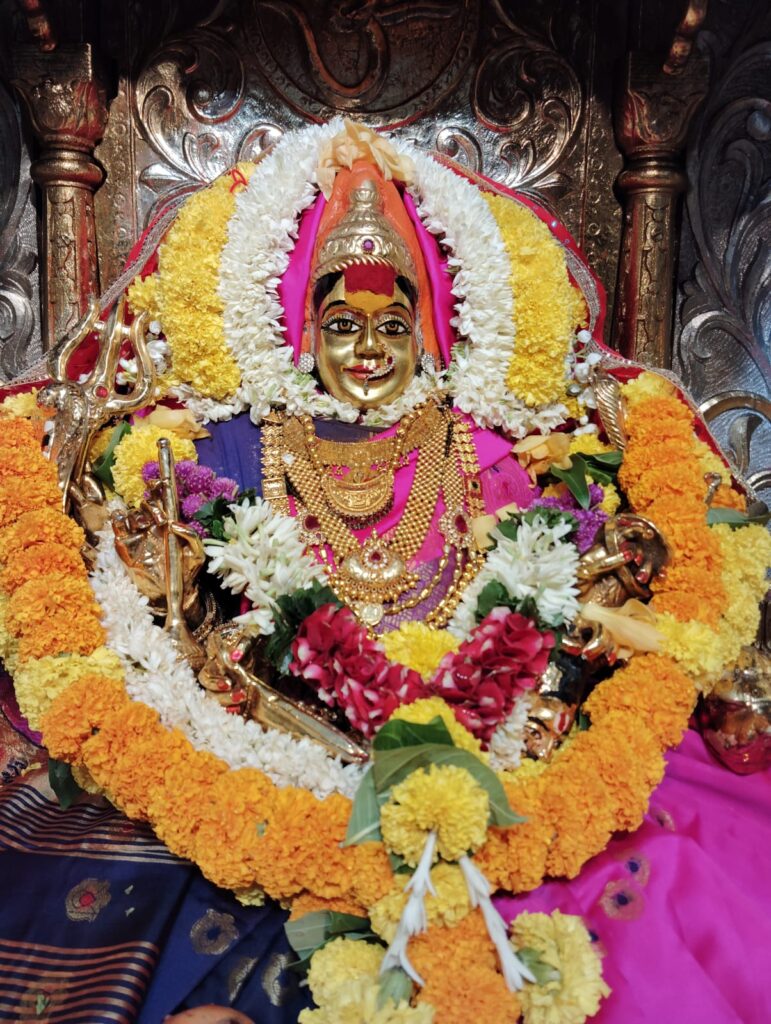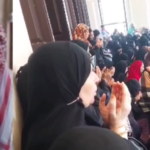When the British assumed control of India over three centuries ago, Matunga in Mumbai, Maharashtra, was a collection of sleepy villages that eventually merged under a single administration. Initially known as Marubai Tekdi Gaon, the temple was situated on a small hill—tekdi in the native Marathi language—the area was later abbreviated to MaTunGa. This region is home to the revered Marubai, the traditional Matunga Gaondevi, or village goddess.
The deity in a self-manifested form
The temple has an inviting vibe and is a great tourist attraction.
Also known as Shree Marubai Gavdevi Temple, it is one of Mumbai’s oldest Devi temples. The goddess at this temple is believed to be a ‘Swayambhu’ (self-manifested), a form of Durga or the Goddess Bhavanimata.
Why the deity is known as Marubai?
The deity is known as Marubai or Maruaai. Her devotees gave her this moniker because she was the only source of hope during the village’s health difficulties (centuries ago), including the outbreak of the smallpox pandemic.
Marubai, or maruaai, means ‘Mother who shields her children from Death.’ It perfectly embodies the goddess’ status as the Guardian of Humanity.
The adornment and portrayal
The goddess Marubai’s two-foot black idol, coated in sandalwood and vermilion, faces east.
The deity is portrayed clutching the trident of Lord Shiva, the discus of Lord Vishnu, the conch shell of Lord Varuna, the club of Lord Kubera, and the thunderbolt of Lord Indra. The goddess represents strength and defence.
Celebrations
The temple pulsates with activities during the festive seasons of Navratri and Diwali. Navratri is marked by vibrant celebrations, including Kalash Sthapana, Haldi Kumkum, Abhishek, Pooja, Saraswati Aawahan, Kumari Poojan, and Ashtami Homams.
Special pujas are held during Adi Month, Chaitra Poornima, Ashalekadashi, New Year’s, and Vat Poornima.
The focal point of the festivities is the majestic procession of Shri Marubai Gaondevi’s Palkhi, in which the goddess is decked out in fine jewellery and clothing.
Managed by a hereditary Trust
The Marubai Trust was formed under the Bombay Public Trust Act in 1952. Interestingly, the temple is currently run by trustees who are descended from families that have been in charge of it for generations.



































